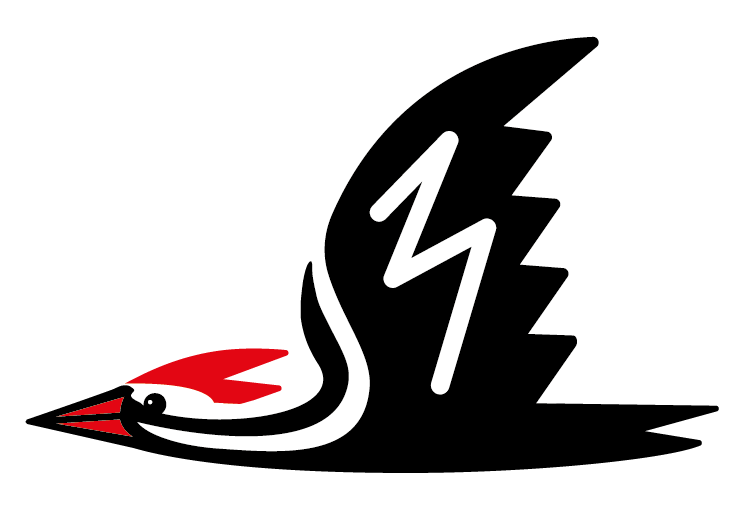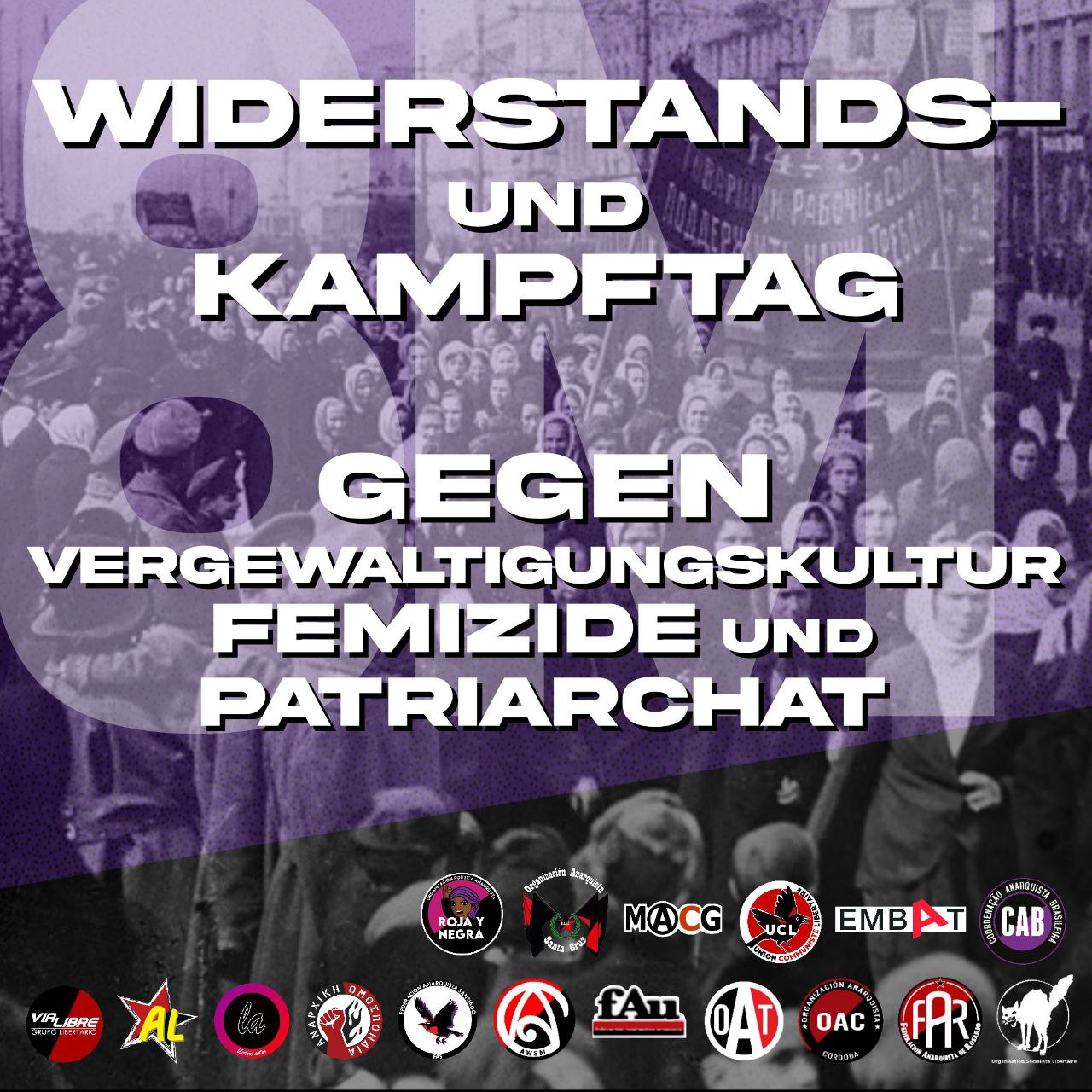Double exploitation: wage labor and domestic work.
A double working day is the vast majority of women’s reality around the world. When women finish working for their bosses, they go back home and too often have to do all the domestic and care work, or as it called the “re-production of labor power” that is needed for the capitalists. Of course, as any invisible work, no financial compensation comes with it.
In the sphere of wage labor though, the positions occupied mostly by women reproduce a similar pattern: not being recognised nor visible, on the contrary being devalued and precarious. And they are also indispensable, as the health crisis has deeply revealed : cashiers, care workers, cleaners… The whole system would collapse without the waged and unwaged work of women.
This double exploitation has been the very condition for this system to keep working. This is why the patriarchal culture has deployed such strong ideological agents to legitimate and reproduce the situation.
The labor movement has failed to organise the feminised sectors: lack of combativeness in the service sector, supposedly not strategic in the production, less able to take on political or union responsibilities, their temperament would not lend itself to it… Many pretexts persist up to now not to question the patriarchal culture on which the labor movement was historically built, relegating women to the ranks of underlings or worse.
However, digging a little more, history is rich in numerous cases of victorious strikes and of women and gender minorities’ combativity. They have always risen up against the over-exploitation that is the product of the alliance of patriarchy and capitalism.
Increasing women and gender minorities’ salaries, recognising their qualifications, improving their working conditions and fighting sexist and sexual violence at work: these are all tracks that revolutionary trade unionism must really take on as soon as possible. It is a necessity for women and gender minorities but also for the perspective of radical social change that we all carry in our hearts and in our struggles.
The feminist strike is one of the tools at our disposal to accelerate this indispensable evolution and in the end the fall of the criminal alliance of patriarchy and capitalism. And the strike is not only a call to halt wage labor: it could also be the strike of consumption and care (no shopping, no chores, no free care of the children and the elders on behalf of all…).
States and reactionary sectors wage war on women
Patriarchy is the material, symbolic and economic exploitation of women and gender minorities. But it is also the appropriation of their bodies, by violence and by the limitation of their rights.
This 2022 version of the 8th of March takes place in an international context where large-scale wars are breaking out and where reactionary and misogynistic sectors of society hold the state apparatus and are on the offensive, as in Afghanistan, but also in Poland and in several other states. Gender-based and sexual violence is even more numerous in these specific situations and women are always at the forefront of terror policies, systematic rapes and the maintenance of women in the fold of their oppressors.
In addition, in 2022, women still do not have full rights over their own bodies in many countries. Where this formally exists, access to abortion and other contraceptives is challenged by far-right movements or austerity policies….
Behind these obstacles and reticence lies the idea that women are not really responsible beings.
Access to abortion is an indispensable and transformative right for women. It is the moment when a woman freely chooses herself before anything else. Women are expressing their will when they choose to have an abortion. This is why the fight for abortion is central to the emancipation of women. Abortion must be free and accessible, everywhere, all the time!
Organising and fighting against patriarchy, capitalism, the State and reactionaries
Today, in more than 50 countries, women and gender minorities participate in the international strike movement of March 8. The feminist movement in Argentina decisively contributed to its renewal in 2017. They told us then: “We, women in the world, are organising in a showdown and in a common cry: the International Women’s Strike. We stop. We strike. We put into practice the world we want to live in.”
Our organisations embrace the struggle for women and gender minorities’ emancipation and encourage each of them to strengthen the class struggle by investing and taking their place in all political and social organisations (unions, youth organisations, community organisations etc).
The feminist strike on March 8 is one of the tools we put forward and defend in this struggle against the oppression of women and, with them, of all the oppressed throughout the world. This must be conducted from the rank-and-file, where we work, study, live and struggle, in every social organization and union, with a strong focus on direct action and daily commitment to the social revolution, against the normalising and institutionalising trends from the governments, as they try to moderate, polish and thus channel our struggles in their reformist perspectives.
Against rape culture and femicide,
Against the double exploitation of working women,
Against patriarchy, the State and capitalism,
Long live the working women’s struggle!
For an 8th of March of resistance and struggle!
☆ Alternativa Libertaria (AL/FdCA) – Italy
☆ Αναρχική Ομοσπονδία (Anarchist Federation) – Greece
☆ Aotearoa Workers Solidarity Movement (AWSM) – Aotearoa/New Zealand
☆ CALA (☆ Coordenação Anarquista Brasileira – CAB, ☆ Federación Anarquista de Rosario – FAR, ☆ Federación Anarquista Uruguaya – FAU) – Latin America
☆ Embat, Organització Llibertària de Catalunya – Catalonia, Spain
☆ Federación Anarquista de Santiago (FAS) – Chile
☆ Libertäre Aktion (LA) – Switzerland
☆ Melbourne Anarchist Communist Group (MACG) – Australia
☆ Organización Anarquista de Córdoba (OAC) – Argentina
☆ Organización Anarquista de Santa Cruz (OASC) – Argentina
☆ Organización Anarquista de Tucuman (OAT) – Argentina
☆ Organisation Socialiste Libertaire (OSL) – Switzerland
☆ Union Communiste Libertaire (UCL) – France, Belgium & Switzerland
☆ Grupo Libertario Vía Libre – Colombia
☆ Roja y Negra – Organización Politíca Anarquista – Argentina





